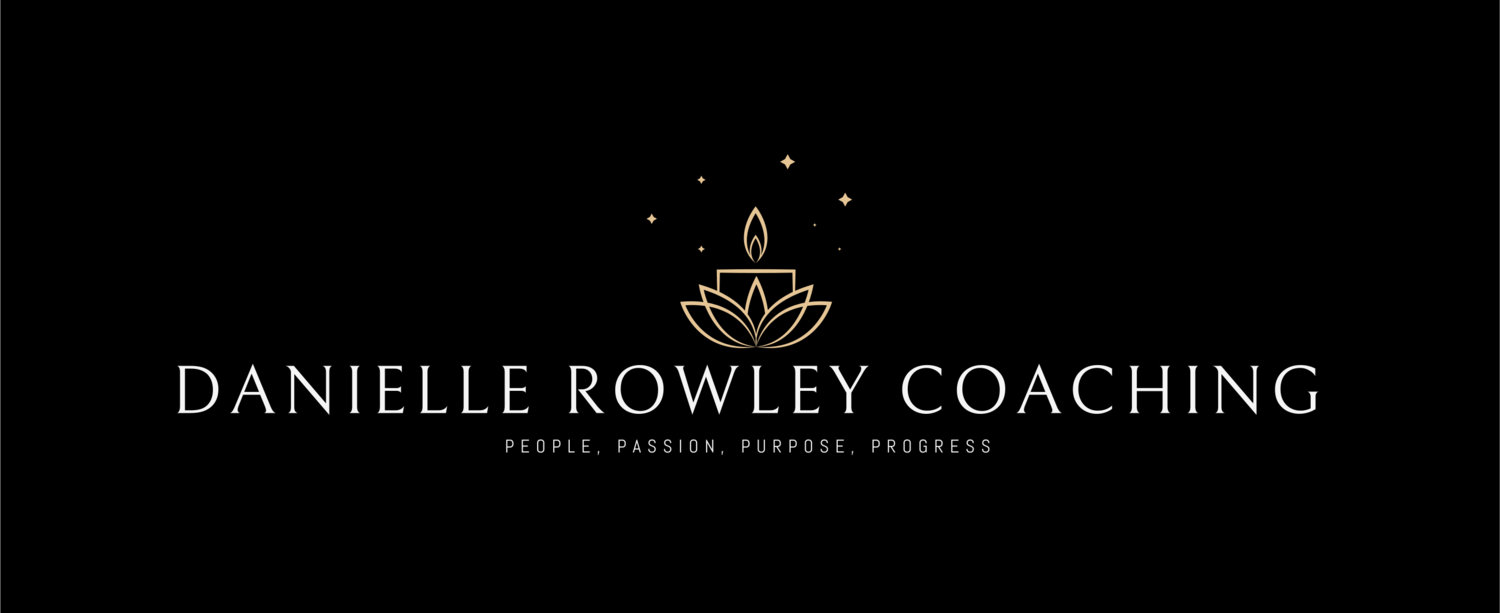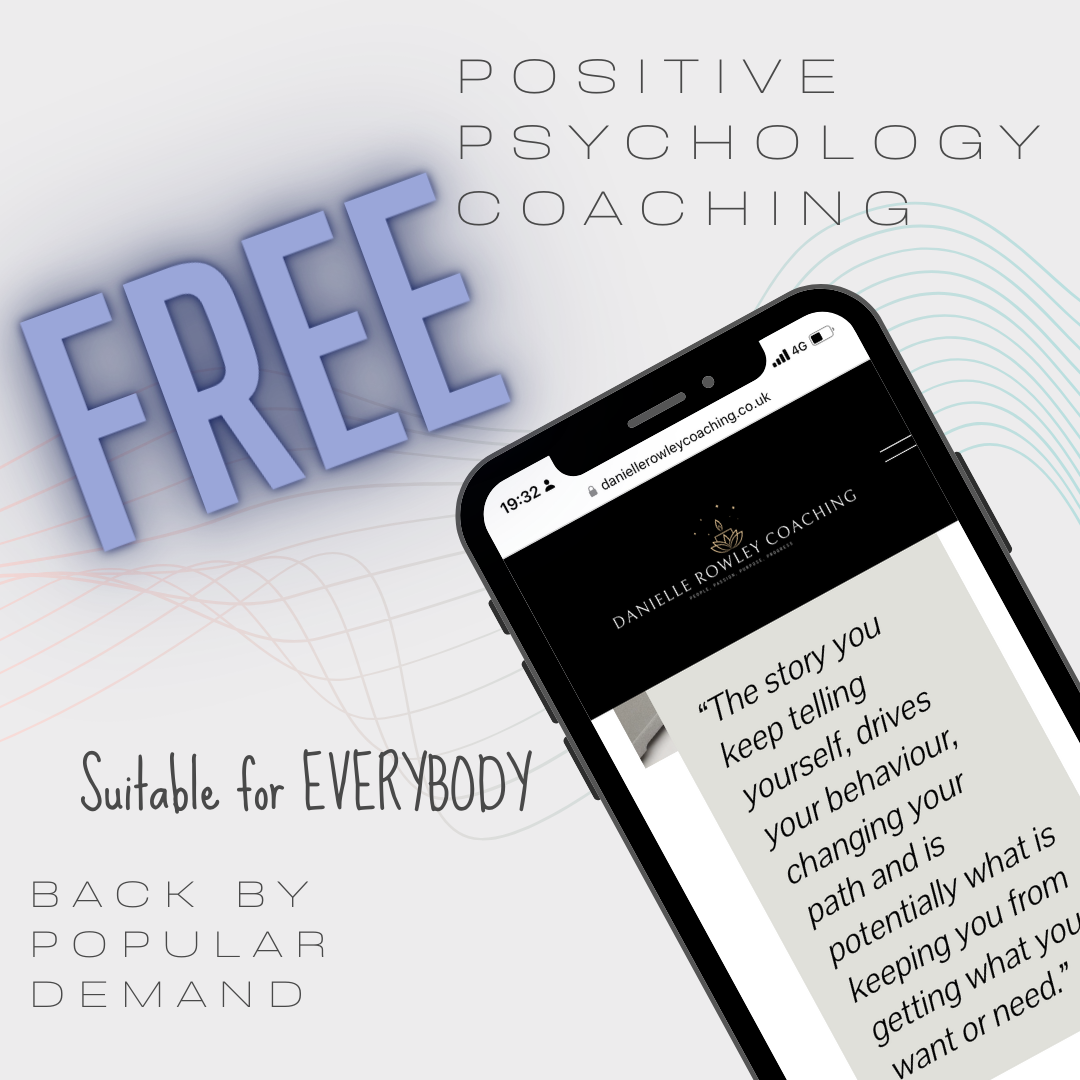Is Pro Bono Coaching for you?
Well! If you’ve made it to here. - its your lucky day.
Understanding Pro Bono Coaching
Have you been considering coaching, but think you are unable to afford it? Or maybe you have been offered pro bono coaching, but you’re unsure about accepting a free service.
There are many coaches out there offering services at various price points, especially given the financially unstable times we’re in.
Pro bono (Latin — ‘for the public good’) coaching is coaching offered for free. Lawyers, for example, often offer pro bono services to worthy causes or clients who cannot afford legal fees. Some consultants and coaches do the same. Corporate coaches often volunteer in their spare time
Pro Bono Does Not Mean Low Quality
As with anything that is offered at a low price or for free, some people welcome it, while others are sceptical about there being a catch or a too-good-to-be-true scenario. While I can’t speak for all pro bono providers, if the coach’s actual intention is to serve for the public good then what you see is what you should get. The provider should be transparent about any differences in their regular and pro bono services from the beginning — which they are entitled to apply, such as limited availability. While there may be limitations, the quality of their service and commitment should not vary.
A coaching relationship can be a powerful experience involving the development of new possibilities, new levels of achievement and personal growth. The coaching relationship between the coach and the client is founded upon mutual trust and respect. The central focus of the coaching relationship is the well-being of the client.
Fundamental to a successful coaching experience is learning. The coach supports the client in reaching the desired outcome of the client. The coach helps the client explore new ways to view situations, individuals, and possibilities and develop new approaches, plans, strategies, and actions.
This innovation involves learning. At times, the understanding may be challenging. There may be times when the learning involves discoveries about how an individual’s actions play a part in situations the individual wishes to change. This type of self-discovery can, at times, be uncomfortable.
How to Get the Most Out of Pro Bono Coaching
As stated above, before beginning, get very clear on what you can expect and what is expected of you, as well as the details of the verbal and written agreements you have made with your coach.
Be honest, open and trusting of your coach — coaching is judgement-free. Don’t worry about what your coach thinks of you. Their job is to listen and ask questions to get you closer to your own truth.
Give feedback to your coach — your coach wants to know what works well or not so well for you in each session. Help them by sharing your experience with them. They will use this information to fuel subsequent sessions.
Enter into the spirit of coaching fully for the duration of your contract. Commit to the journey. Be open to enquiry. Be open to change. Be open to discomfort as you confront yourself and the (positive) changes you decide to make. Be open to reaching your goals. Take action on your agreed action steps. Journal about your experience. Just like a new fitness or healthy eating regime needs commitment and consistency, so does your coaching journey.
If you are satisfied with your coach, give them a testimonial, and refer others to them. These gestures will allow them to support more people through pro bono and paid coaching.
When you’re in a better position financially, pay for your coaching in the future. Support your coach, and give someone else the chance of pro bono coaching that you previously benefitted from.
Danielle Achieved a ‘first class honours degree in Business Management with a Leadership Practice Speciality, has been trained to become an Emotional Intelligence Practitioner with SUMMIT TRAINING (https://www.summittraining.co.uk) and is studying to become a ‘Master of Science’ in Applied Positive Psychology and Coaching Psychology, Working under the Ethical practice of the EMCC,
Check out my Professional Profile on Linkedin - www.linkedin.com/in/daniellerowleycoaching17
We hold all coaching conversations as confidential, and will not voluntarily divulge information about a coaching relationship without the written or verbal permission of the client. We follow the International Coach Federation (ICF) and European Mentoring and coaching council Code of Ethics. Following guidance from the British Psychological society.
Pro bono coaching offers all the benefits of paid coaching, according to what you agree with your coach in advance. It simply means some of their coaching services are accessible to more people than their usual paid offerings.
Pros of Pro Bono Coaching
Clients who would not normally be able to receive coaching, or who would not take the initiative to make use of it, have the opportunity to do so without the expense.
Clients in a difficult position may make positive change through coaching that will in turn help them out of that difficult position.
All coaches, but particularly junior coaches, will gain experience through working with their pro bono clients.
The pro bono spirit in its truest ‘for the public good’ sense will be sustained and hopefully continued by all who benefit from it.
Cons of Pro Bono Coaching
There may be limitations in terms of what is offered.
It is sometimes unavoidable that something that is offered for free is undervalued and not taken as seriously as something that is paid for.
Abuse or misuse of pro bono services can lead to a loss of time and other resources, and may mean that someone who is in need of them misses out on the opportunity.
Even More Ready and Interested?
BOOK your free Discovery call by clicking the link below, so we can assess this coaching is right for your needs.
Then your on the path to a new growth!!
Call Danielle on 07748595653 or email Danielle@DanielleRowleyCoaching.co.uk to discuss your options.
T&C’s
The Pro Bono session is delivered in four One hour sessions, and recommended to be taken within 2 months.
The coaching is subject to agreed and signed coaching contract Prior to sessions
The coaching can be delivered over Zoom or Teams, or face to face in the Doncaster area.
Information adapted from the EMCC




